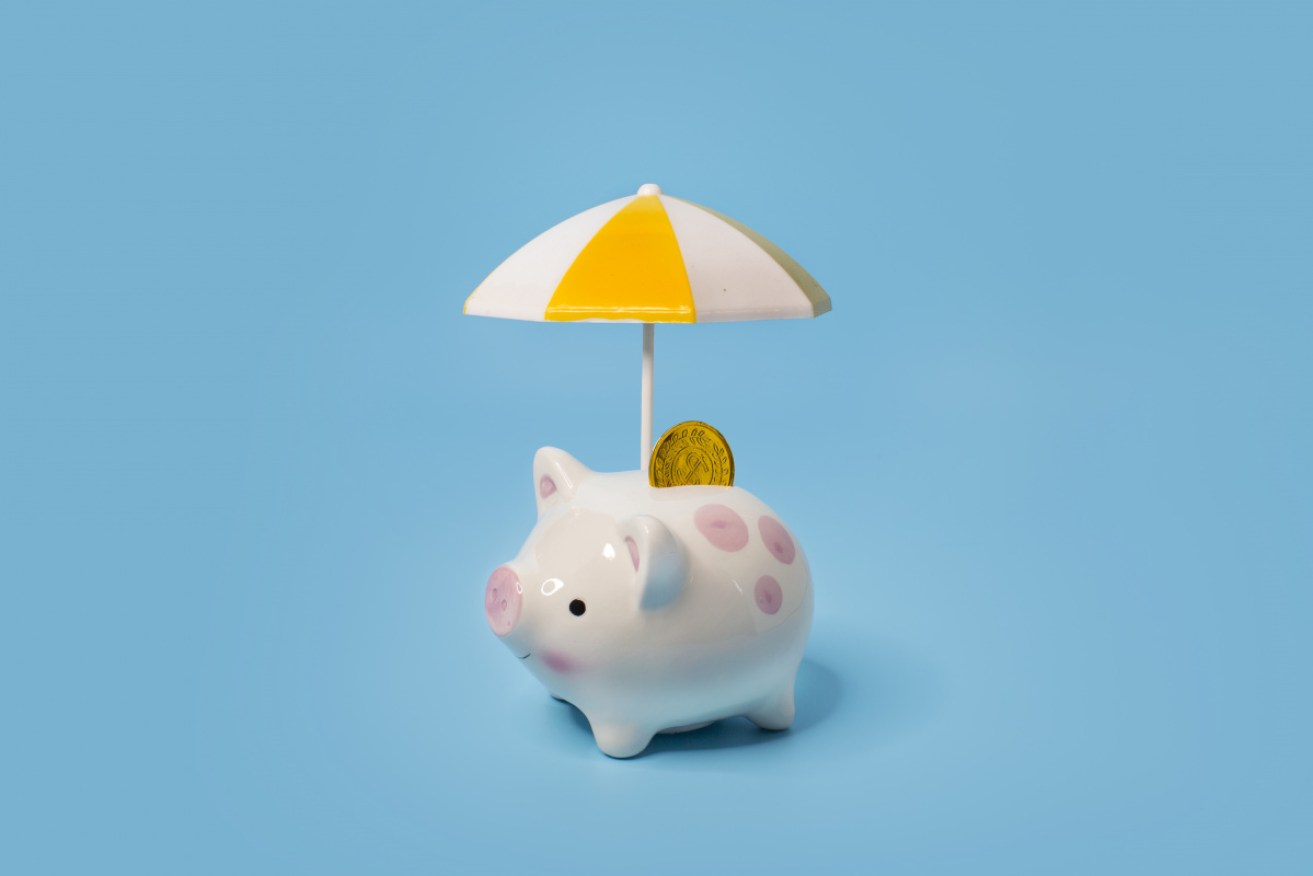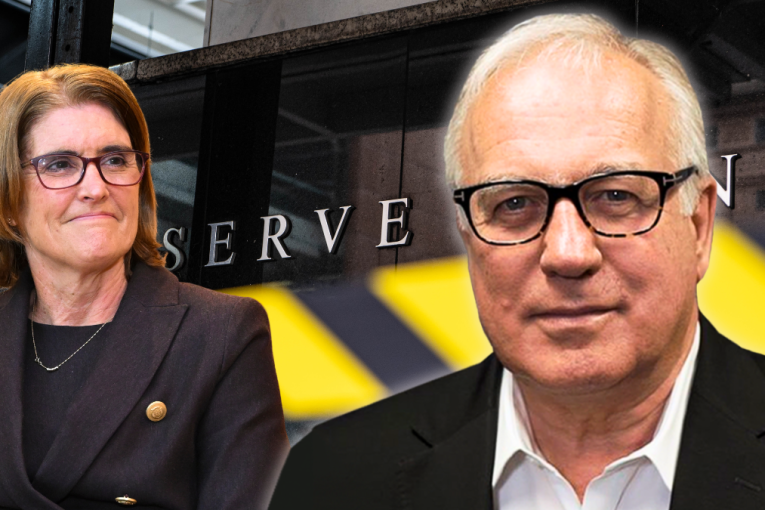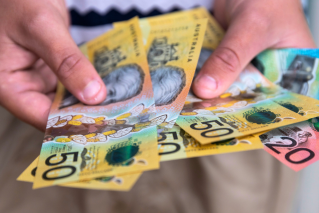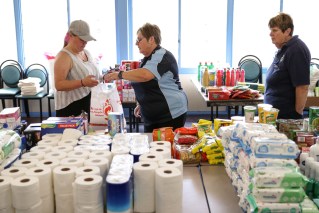Three simple steps to boost your emergency savings


Setting aside three months' worth of living expenses is a sensible insurance policy. Photo: Getty
Setting aside three months’ worth of living expenses in an emergency savings fund is widely seen as a sensible goal.
Hitting this target gives people a modest safety net to fall back on should they lose their job or suffer an injury that prevents them from working.
But new research from consumer comparison site Finder shows that almost one in five Australians (19 per cent) have absolutely no emergency savings.
And a further 12 per cent have too little savings to support themselves or their family for just one month without work.
For many people, this is because they earn too little to set aside any cash after paying for food and bills.
But for many others, it is because they have no savings plan and little control over their spending.
Analyse your expenses
Finder personal finance expert Kate Browne says there’s no one-size-fits-all approach when it comes to building up a rainy day fund.
Cutting out takeaway coffees could be a great first step for some, but for others it could be too depressing to even consider, she said.
The ideal outcome is to strike a balance between saving for the future and enjoying your life today – and to draw up a realistic savings plan that you can stick to over time.
Ms Browne said the best place to start is with an audit of your income and expenses.
Go through your recent bank statements and categorise your spending to gain a better understanding of how you are spending your money.
“It’s probably the easiest way to work out what you really can’t cut out and what you can jettison to make those savings,” she said, noting that in an age of tap-and-go payments we often spend more than we think.
Draw up a savings plan
Doing an audit of your expenses will help you identify where you can cut back on spending and give you a good idea of how much you can afford to save.
And this will allow you to set a clear savings goal to keep you on track.
People often say you should aim to save at least 20 per cent of your income, but certified financial planner Gianna Thomson believes the most appropriate figure will depend on your personal goals and circumstances.
Again, the key is to work out how much you have coming in, what you have going out, and to calculate from this how much of your income you can save without putting yourself under undue stress.
“It’s a bit like trying to be on a diet for food, right? You can’t just eat broccoli and salad every single day,” Ms Thomson said.
“Everything in moderation.”
Make it harder to spend
Those who have read Atomic Habits by James Clear will know that one of the golden rules of forming good habits is to make them easy.
The exact opposite is true when we want to eliminate bad habits.
And so if we want to spend less and save more, we should make it harder to do the former and easier to do the latter.
Ms Thomson and Ms Browne therefore recommend setting up a separate bank account for your emergency savings and automating regular transfers to this account the day after you get paid. (To make accessing your savings that little bit harder, you could even set up this account at a different bank.)
Streamlining the process in this way takes the decision out of your hands and makes the new habit simple and easy.
And keeping your emergency savings in a separate account also makes it harder for you to spend this money, as you would have to transfer it back to your regular account to do so.
“Having a separate account or money jar, per se, reduces the risk of accidentally spending it on something else that isn’t an emergency,” Ms Thomson said.
“And no, spending your money on shoes or clothes is not an emergency.”









